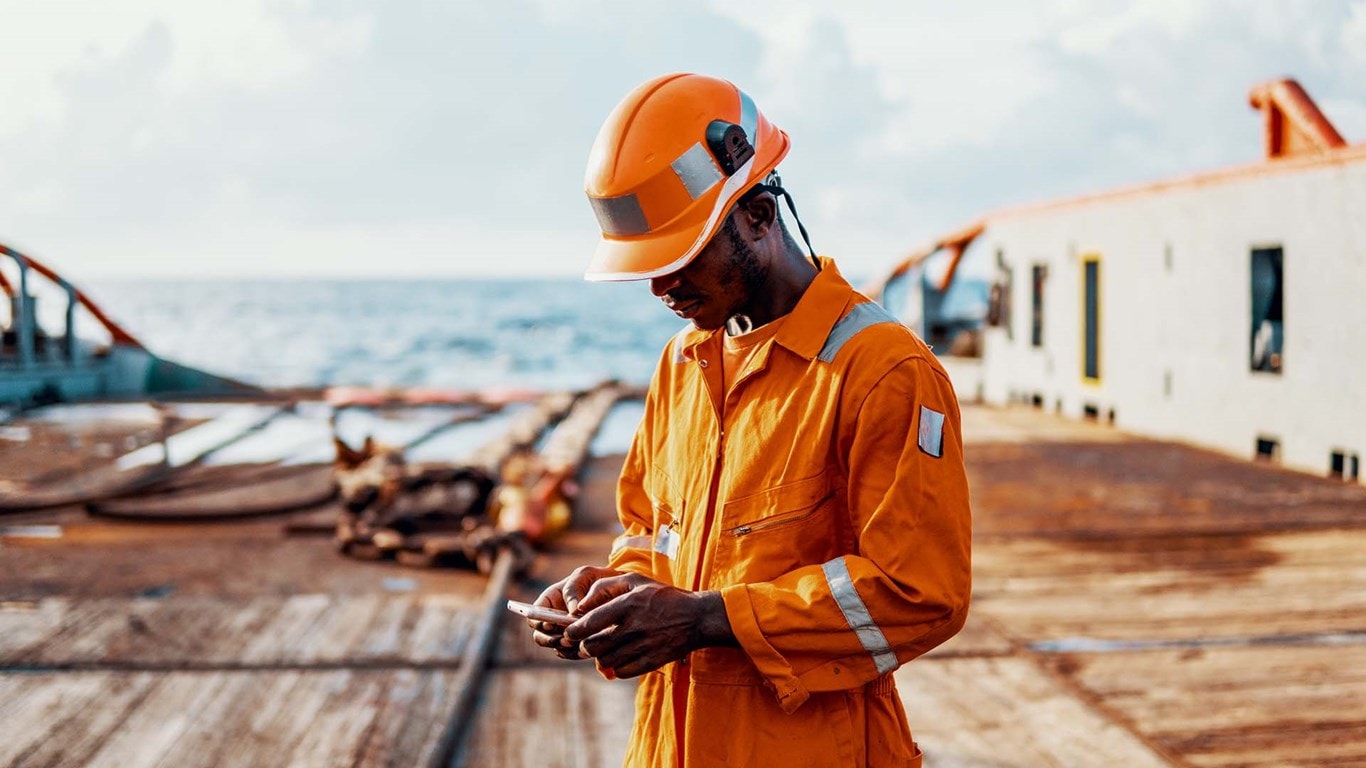Keeping the Crew Safe and Healthy: Growing Awareness, Better Reporting and Continued Action
Earlier this year the Marine Insurance Asia Conference held a panel discussion on crew mental health. It brought together a range of speakers around the shipping industry with a shared concern for the mental wellbeing of seafarers. On the panel was Dr Rachel Glynn-Williams, Consultant Clinical Psychologist, together with other P&I Clubs, the Singapore MPA and ISWAN. Below Rachel summarises some of the issues raised during the discussion.
Article by: Dr Rachel Glynn-Williams
Clinical Director, Recall Recover / QWEST Maritime
Growing Awareness:
Before the pandemic, the panel recognised that there was already growing awareness and concern within the industry around crew mental health. Just judging from my own clinical practice, I could see an increase in referrals for psychological input for crew, often following an incident onboard. Companies were also becoming keener to learn more about mental wellbeing and were wanting to know what training and supports can be put in place for seafarers. The pandemic has raised that awareness and need further.
Pre-pandemic research into mental health at sea had also revealed that this was becoming an urgent and global issue. For example, the Yale / ITF Seafarers Trust study found that 25% of seafarers reported significant levels of depression, 17% had anxiety problems and 20% reported very recent suicidal thoughts. The risks were particularly high for women, cadets and younger seafarers. One key finding was the impact that voyage extensions had on the decline in seafarers’ mental health. Additionally, a report from the Seafarers’ International Research Centre (SIRC) advised that improvements in employment conditions, such as contract length and shore leave would positively impact upon the mental health of seafarers. This report clearly made the case for prioritising social interaction onboard, internet connectivity and addressing broader working conditions, including bullying.
Need for even better reporting and understanding
This raised awareness of
mental health has been emphasising the need for improved reporting and
recording processes, to allow for a better understanding of the issues
surrounding mental health at sea. Linked
to this, the SIRC report highlighted the discrepancy between the perspectives
in the industry, with welfare charities and P&I clubs seeing mental health
as a bigger issue than owners and management companies did. This view was
echoed by those on the panel. In this
regard, several P&I clubs had reported a rise in 2020 of crew claims, where
mental health was a factor. However, this was thought likely to be an
under-estimate and obscured by many factors, including seafarers’ reluctance to
report for fear of consequences on their career. Another
reason identified for this under-reporting was the traditional image of rough
and resilient seafarers, preventing them seeking support, sometimes with fatal
consequences. The panel sadly agreed
that because of this, it is sometimes not possible to know for sure if someone
missing at sea is the result of an accident or suicide.
Need for Continued Action:
Despite the limitations of reporting and recording processes, the panel were able to cite examples of positive action being taken to address various issues around crew mental wellbeing.
It was noted that there is an increasing availability of training in the corporate and charity sector on mental health, both for crew and shore-side, for example on what signs to look out for, how to respond to someone in distress, and building personal resilience. There is evidence that companies are seeking access for seafarers to psychological resources, with pathways into formal psychological support and therapies where required.
From our side, at Recall Recover Limited, a new service as part of QWEST’s Crew Care project, we combine expert marine casualty investigation with a continuum of psychologically-informed interventions, to support crew after an incident at sea. This continuum can include planning a mental health strategy, yet focuses on responding to the immediate needs of crew or crew members and then supporting those involved towards positive emotional recovery and a return for the crew to operations in the minimum of time. This service has the twin aims of improving the reliability of seafarer witness evidence, whilst protecting and promoting their wellbeing, at what is invariably a stressful time.
Mental health at sea – it is everybody’s business
More than ever before, mental health is gaining more clear acceptance as a concern within the maritime industries. However, it was agreed by the panel that so much more work lies ahead. We should not just be focusing on strategies which simplistically place the responsibility for maritime mental health on the seafaring workforce, with the expectation that we just need to teach them to cope better with all and whatever challenges present. Instead, we should be working at all levels across the system - from the individual seafarer, the crew, leadership, shoreside companies and the wider industry regulation and culture, to improve the working conditions, remove barriers to reporting, reduce the risks to mental health and improve the quality of life and work onboard.
